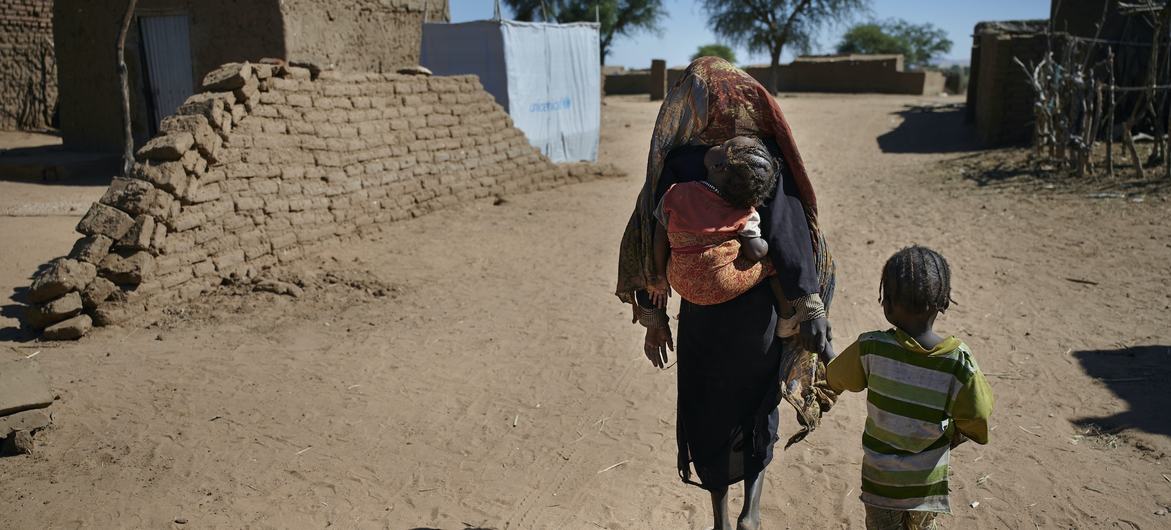Health crisis in Sudan as war destroys medical care facilities

The war has provided an opportunity for looters and vandalism at medical facilities to take the stage.
Sudan is undergoing a health crisis as a result of health facilities closures and destruction. This circumstance has made it more difficult for citizens to receive medical attention.
According to the International Committee of the Red Cross (ICRC), shelling and airstrikes have damaged many health facilities in Port Sudan since the fighting began in April of last year.
More To Read
- Children killed in Sudan’s South Kordofan drone attacks as humanitarian crisis worsens
- Sudan signals willingness to coordinate with UN despite ongoing RSF clashes
- Sudan military leader Burhan rejects US-led ceasefire plan, accuses Quad of favouring RSF
- UN aid office pushes for ‘unhindered’ humanitarian access in Sudan
- Kenya reaffirms commitment to political solutions for regional conflicts
- Thousands flee, RSF pushes east as Sudan conflict escalates across Darfur and Kordofan
"Two out of three Sudanese civilians no longer have access to essential health services after most of the country's hospitals and health centres were forced to close their doors," the organisation stated.
The organisation believes that these attacks, combined with the country's deepening food crisis, have exacerbated malnutrition because most people lack access to these facilities."Healthcare facilities are critical for preventing, diagnosing, and treating malnutrition. Their ability to function is critical for the most vulnerable, including pregnant and lactating mothers and children under the age of five," stated the ICRC.
According to ICRC delegate Amelie Chbat, the situation at the health facility is deteriorating on a daily basis. The war has provided an opportunity for looters and vandalism at medical facilities to take the stage.
"The injured lack medicines, food, and water, and the elderly, women, and children are without essential treatments like dialysis or diabetes medications," Amelie lamented.
According to Amele, there have been threats and physical assaults directed at personnel and patients, and civilians are increasingly being denied access to healthcare facilities.
"Fighters and civilians die because they are unable to receive timely medical assistance. Entire communities are cut off from vital services such as maternity care, childcare, and vaccinations," the ICRC reports.
The organisation has warned contending parties that their actions will have a national impact and reminded them that international humanitarian law requires them to preserve healthcare.
"Medical workers must be able to perform their tasks in accordance with medical ethics in a safe and secure atmosphere. Deliberate attacks on medical people or medical facilities are a major breach of international humanitarian law, according to the ICSR.
Other Topics To Read
Top Stories Today













































